Top 10 Vital Equipment for Efficient ICU Operation
In an Intensive Care Unit (ICU), where patients require constant monitoring and specialized care, the availability of reliable, high-tech medical equipment is essential. This equipment is not only crucial for patient survival but also helps medical professionals provide efficient, timely care. Here’s a list of the top 10 vital equipment pieces that make ICU operations smooth and effective.

1. Patient Monitors
A central element in the ICU, patient monitors track crucial vital signs like heart rate, blood pressure, oxygen saturation, and respiratory rate in real-time. Continuous monitoring enables immediate interventions if any vital signs deviate from the norm.
2. Ventilators
Many critically ill patients in the ICU need respiratory support. Ventilators provide life-saving mechanical breathing assistance when patients are unable to breathe on their own due to respiratory failure, injury, or surgery.
3. Infusion Pumps
Infusion pumps deliver precise dosages of fluids, medications, or nutrients into a patient’s body at controlled rates. This equipment is vital for administering life-saving drugs, electrolytes, or even blood transfusions during emergencies.
4. Defibrillators
In life-threatening situations, such as cardiac arrest, defibrillators restore a normal heart rhythm by delivering an electric shock to the heart. A well-maintained defibrillator can mean the difference between life and death in an ICU setting.
5. EKG/ECG Machines
Electrocardiogram (EKG or ECG) machines monitor the electrical activity of the heart. They help detect irregular heartbeats, heart attacks, and other heart conditions, which are common in critically ill patients.
6. Syringe Pumps
Syringe pumps are used for the precise administration of small doses of medication, particularly for drugs that require a slow, continuous flow like insulin or pain medication. These devices are essential for critical care patients who need exact dosages over time.
7. Dialysis Machines
For ICU patients with acute kidney failure, dialysis machines remove waste, excess fluid, and toxins from the blood. They act as an artificial kidney, offering life-saving support to those with severe kidney dysfunction.
8. Ultrasound Machines
Ultrasound machines provide a non-invasive method to examine internal organs, fluid levels, or guide procedures like central line insertions. Their real-time imaging helps ICU professionals make quick and accurate decisions.
9. Blood Gas Analyzers
A blood gas analyzer measures the levels of oxygen, carbon dioxide, and acidity (pH) in a patient’s blood. This information is vital in managing ventilator settings and ensuring patients are receiving adequate oxygenation.
10. Beds with Integrated Scales
ICU beds with integrated weighing scales enable staff to monitor patient weight without needing to move the patient, which is especially important for bedridden or immobile patients. Accurate weight measurements are crucial for dosing medications and assessing fluid balance.
Conclusion
Having the right equipment in an ICU ensures that medical staff can provide fast, effective, and life-saving care. These machines not only improve patient outcomes but also enhance the efficiency of hospital operations. Regular maintenance, calibration, and training in their use are essential for ensuring the highest standards of care in the ICU.
Each piece of equipment plays a crucial role in different aspects of patient care, from monitoring vital signs to supporting critical organ functions. Therefore, the investment in high-quality, reliable ICU equipment is key to a well-functioning critical care unit.

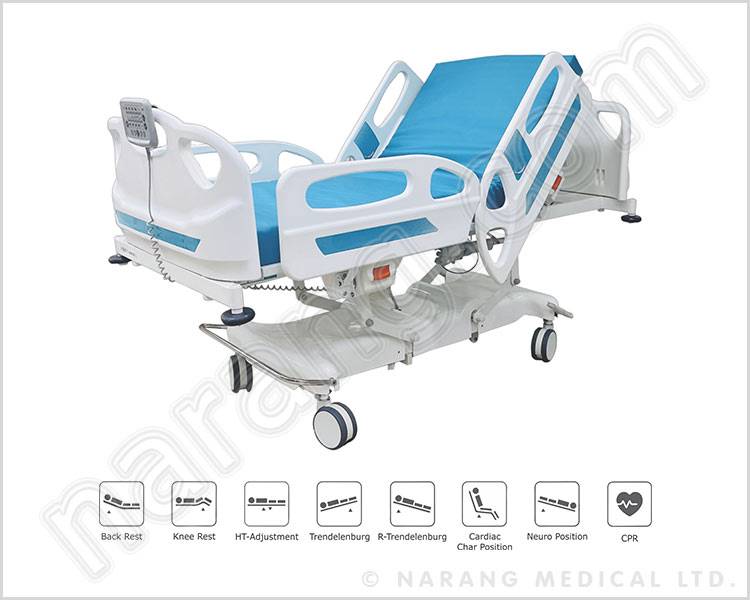
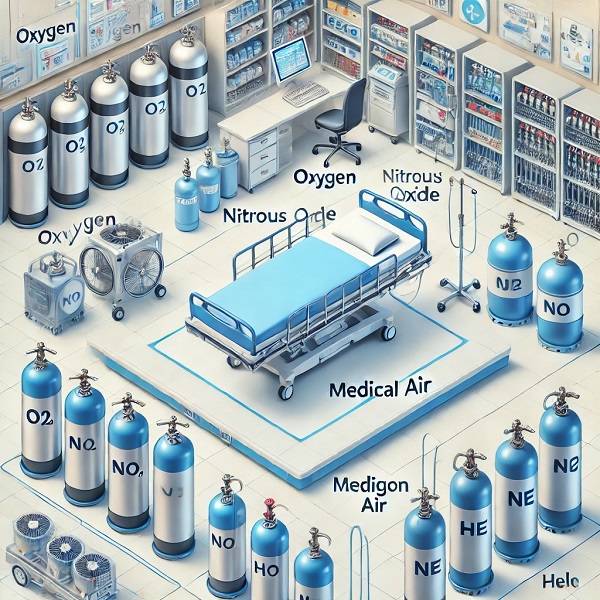


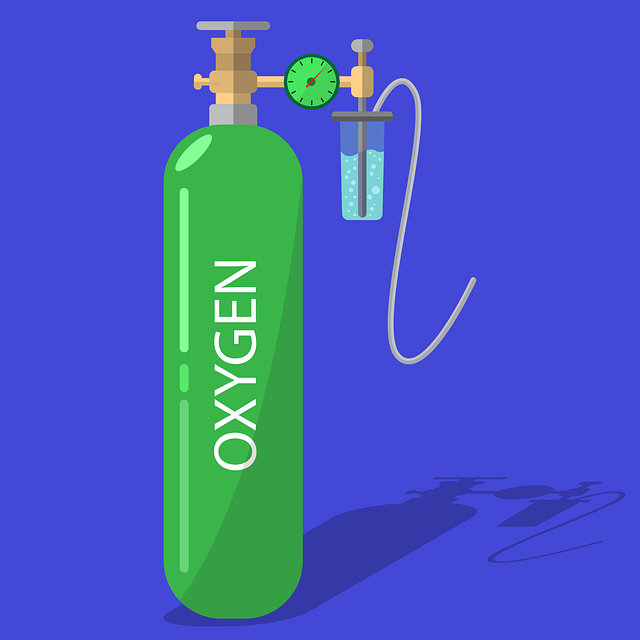



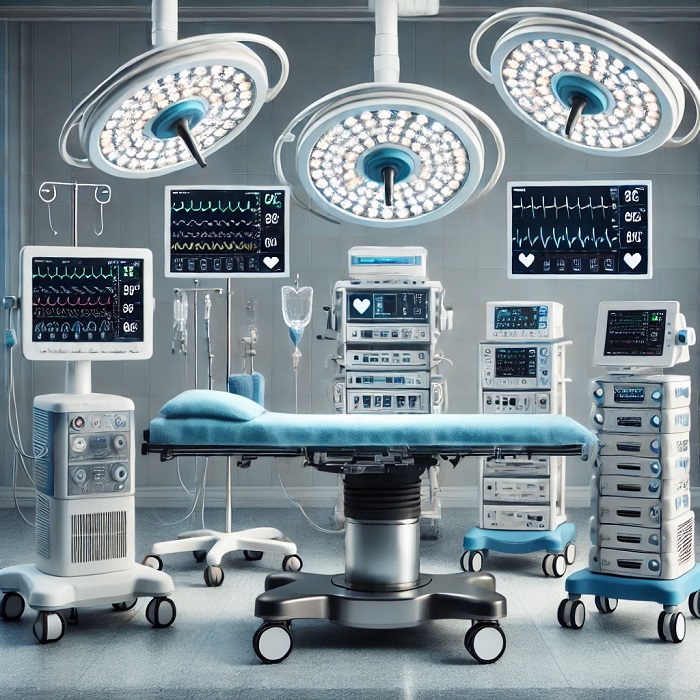
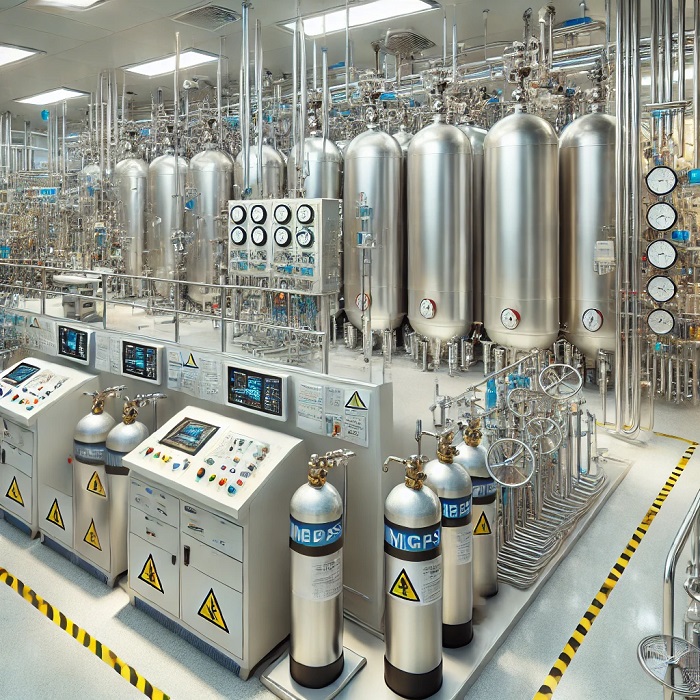




Leave a Reply